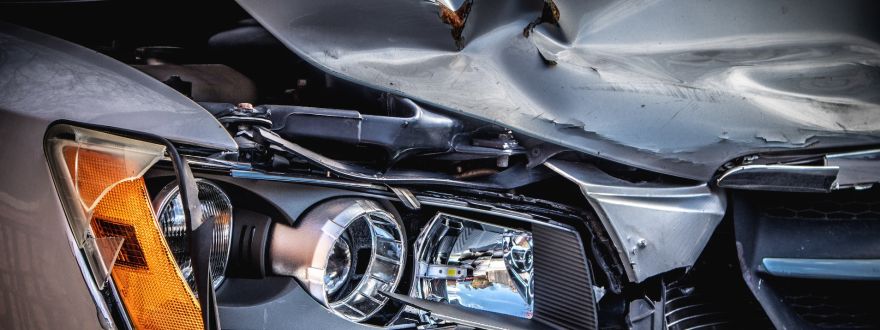
If you are hit by another vehicle, you should submit a claim with your liability insurance. Third-party claims involve not just the other driver but also the other driver's insurance company.
The insurance provider is likely to process the claim for the other party, but payment could take some time. The insurance company may conduct an investigation into the crash to establish whether or not the customer was at fault.
Read on to discover about filing an automobile insurance claim against third-party drivers.
Filing an Automobile Insurance Claim for a Driver Who Is Underinsured
Sometimes, the driver's insurance policy does not cover the injuries sustained in an accident. If they do not have these assets, it may not be worthwhile to file a case against them. When the other driver does not have insurance, you may simply settle for the reimbursement of your medical expenses.
Filing an Automobile Insurance Claim for Yourself
You could file a claim on your own insurance for car damage rather than the other driver's insurance. Collision insurance is insurance that covers losses incurred by third parties.
Collision deductibles reduce your insurance payout. If your insurance successfully pursues reimbursement from the other party, you may be eligible for a deductible refund.
If you need to use a rental car while your damaged vehicle is being repaired for a collision claim, you can use rental reimbursement coverage.
Filing an Automobile Insurance Claim with an Auto Loan Debt
If your car was fully wrecked in the accident, either your collision insurance or your responsibility claim should cover the current worth of the vehicle.
However, a car loan or lease payment may be greater than the vehicle's worth. This is likely if you financed the majority of the vehicle's purchase or if you own a vehicle that is losing value over time. Gap insurance may cover the difference between the monthly payments on a loan or lease and insurance premiums.
The Other Option: Suing the Other Driver
It is possible that an attorney will sue and submit a claim against the other driver for damages. If you are accused of something, you may be required to give evidence that the other party created the problem. If you have access to police paperwork, photographs of the crime scene, and contact information for witnesses, you will be able to prove your innocence.
If the settlement for the vehicle accident is around $3,000 and you have a strong case, you could sue the other driver in small claims court.
The majority of municipal administrations maintain a court dedicated to the resolution of minor disputes. The filing fees are not unduly expensive, and hearings normally take one to two months to complete. You may also issue a subpoena on the other driver, as well as the insurance company's claims adjuster and any other witnesses to the accident. Please submit your contact information as well as confirmed repair cost estimates.
To employ this tactic, the other party's insurance company must either send counsel and any witnesses needed to support its case in court or oppose the amount being sued for. Settlement talks may take place.
Conclusion
It is normal practice to file a compensation claim against the party or parties who caused the accident. Although the challenges may be complicated, you have every right to seek justice and compensation if you were harmed by another driver or motorist. Now that you know more, ensure that you seek the assistance of your insurance provider.
Are you looking for auto insurance? Brand and Britt Insurance is here to provide you with the insurance you need. Contact us today to learn more!
